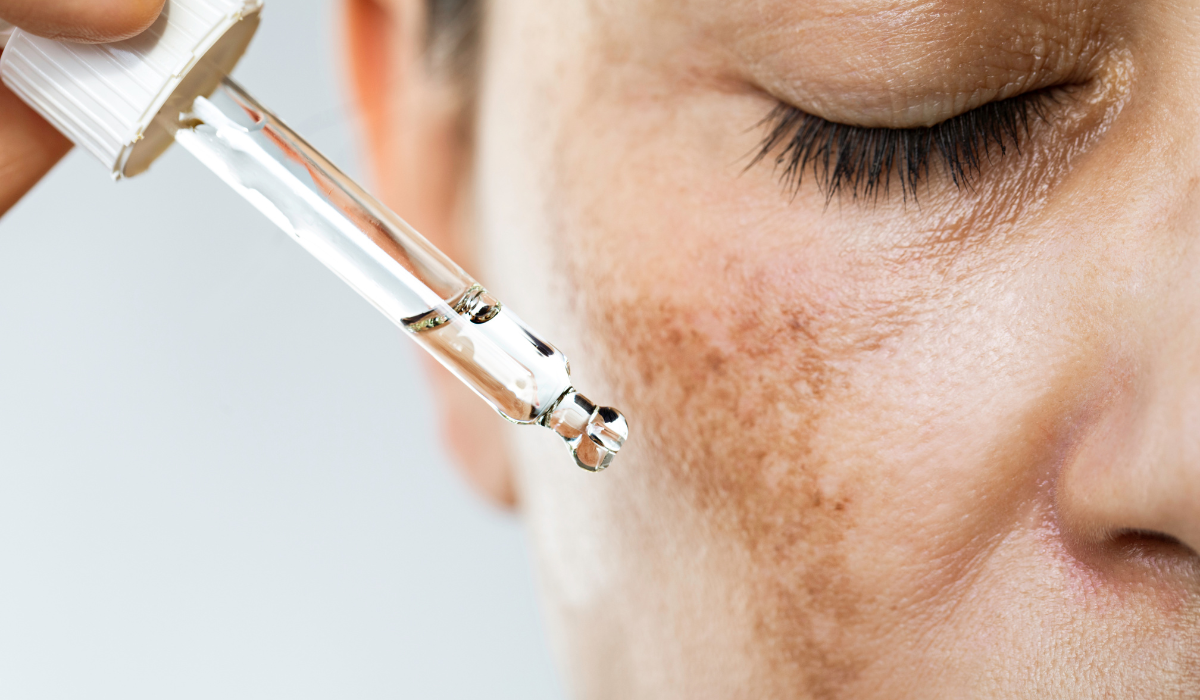It is excessive production of melanin by cells producing the melanin. Hyperpigmentation causes patches of skin to become darker than the surrounding skin. It occurs when the melanin producing cells produce excess melanin, the pigment that skin gives its color. Hyperpigmentation is very common. Burns, bruises, acne, rashes, or other trauma to the skin can cause it to produce more melanin and lead to dark spots. There are many reasons for hyperpigmentation. The cause of hyperpigmentation depends on the following types.
The most common causes are:
Sun exposure: The body produces more melanin to protect the skin from prolonged exposure to the sun. This can cause dark spots or patches on the skin called age spots or sun spots.
Skin inflammation: Areas of skin can darken after people have had inflammation of the skin. This can include acne, eczema, lupus, or an injury to the skin. People with darker skin are more likely to develop post-inflammatory hyperpigmentation.
Melasma: Darker patches of skin can form when people experience hormonal changes. This type of hyperpigmentation is common during pregnancy.
Reactions to drug use : Certain medications, such as antimalarial drugs and tricyclic antidepressants, can cause hyperpigmentation. In these cases, patches of skin may turn gray. Chemicals in topical treatments can also sometimes cause hyperpigmentation.
Anemia: Anemia with hyperpigmentation can be caused by specific types of anemia, often linked to nutritional deficiencies or metabolic disorders. Some causes include vitamin B12 deficiency anemia, folate deficiency anemia, Addison’s disease and iron deficiency anemia.
Diagnosis: By examining the skin and getting a face scan done. Asking about medical history. Asking about sun exposure and other lifestyle events or habits. In some cases, taking a biopsy, or a small sample of skin, helps rule out skin cancer.
Prevention: It is not always possible to prevent hyperpigmentation or stop it from becoming more prominent, but there are some ways to reduce the risk. You can do so by: Protecting the skin from the sun by using a sunscreen of SPF 30 or higher and wearing clothes that protect the skin. Avoiding picking at the skin after an injury or when there are spots, scabs, or acne. Seeking professional advice before using creams to lighten dark patches, as this can cause reactions. Avoiding skin-lightening products to lighten the overall complexion.



